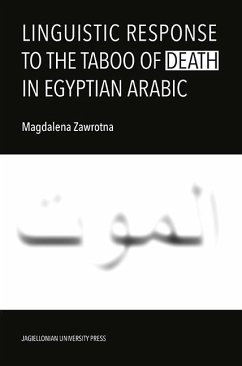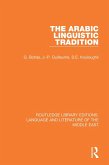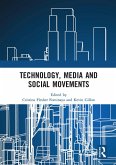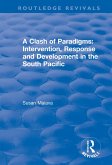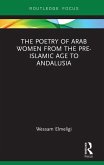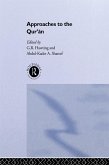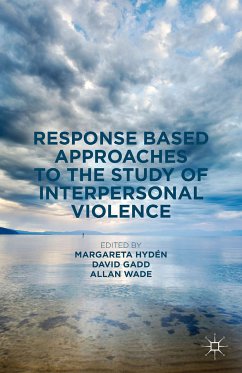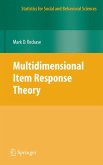The work presents a study of the linguistic and pragmatic response to the taboo of death in Egypt. The analysis leads the author to the conclusion that the experience of death in Egyptian society is mediated by religion. The reaction to death announcements includes a number of strategies to protect both the author of the utterance and its recipient against the effects of the taboo related to this topic. The most important feature of the studied communication is formulaicity, which is at the same time the central idea and the methodological frame of the work presented here.
The discourse analyzed here fits within the Arab-Muslim rhetorical framework. In the daily utterances of the Egyptians, divine agency is believed to be constantly present, which is attested in numerous ritual practices.
As part of the quantitative study and the structural analysis of the material, a pattern was distinguished in which individual types of formulas occur in their fixed places and a specific order. Qualitatively, many of the statements in the material are strongly emotional. To enhance the pragmatic effect, phrases are combined with each other, repetitions, prayers, poetic attempts and quotes from the Quran/ Hadith appear. Most of the phrases used in response to the taboo of death are prefabricated items recalled from memory almost automatically.
Further analysis proposes to look at the formulae in the context of taboo and strong emotions related to it. Using formulaic sequence instead of generating novel language enables.
the author of the utterance to convey emotional support to the suffering person and, at the same time, eliminates ambiguity.
The methodology proposed here offers a new insight into the language of everyday communication, through the lens of its pragmatic usefulness and linguistic etiquette, taking into account the cultural framework in which the analyzed utterances are performed.
The discourse analyzed here fits within the Arab-Muslim rhetorical framework. In the daily utterances of the Egyptians, divine agency is believed to be constantly present, which is attested in numerous ritual practices.
As part of the quantitative study and the structural analysis of the material, a pattern was distinguished in which individual types of formulas occur in their fixed places and a specific order. Qualitatively, many of the statements in the material are strongly emotional. To enhance the pragmatic effect, phrases are combined with each other, repetitions, prayers, poetic attempts and quotes from the Quran/ Hadith appear. Most of the phrases used in response to the taboo of death are prefabricated items recalled from memory almost automatically.
Further analysis proposes to look at the formulae in the context of taboo and strong emotions related to it. Using formulaic sequence instead of generating novel language enables.
the author of the utterance to convey emotional support to the suffering person and, at the same time, eliminates ambiguity.
The methodology proposed here offers a new insight into the language of everyday communication, through the lens of its pragmatic usefulness and linguistic etiquette, taking into account the cultural framework in which the analyzed utterances are performed.
Dieser Download kann aus rechtlichen Gründen nur mit Rechnungsadresse in A, D ausgeliefert werden.

